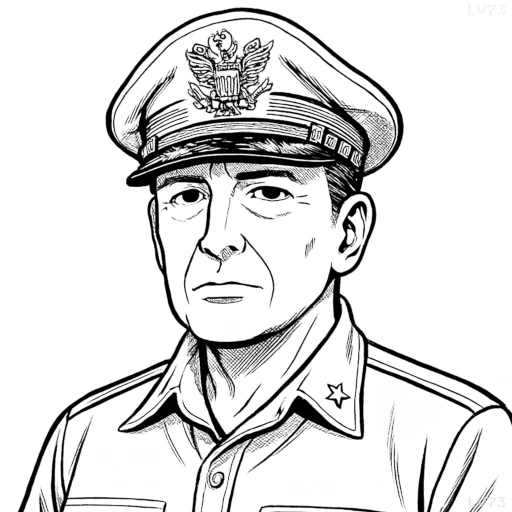“In war there is no substitute for victory.”

- January 26, 1880 – April 5, 1964
- American
- General of the Army, Military Leader, Supreme Commander in the Pacific Theater during World War II
table of contents
Quote
“In war there is no substitute for victory.”
Explanation
This stark and unambiguous quote reflects Douglas MacArthur’s uncompromising view of warfare, where the only acceptable outcome is total success. In the chaos and destruction of war, half-measures, compromises, or indecision are, in his eyes, dangerous and morally insufficient. Victory, in this context, is not just a strategic goal but a moral imperative, meant to justify the immense costs—human, political, and societal—that war demands.
MacArthur uttered this line during the Korean War, particularly in response to calls for negotiated settlement or limited engagement. His stance put him at odds with civilian leadership, especially President Truman, and ultimately led to his dismissal. The quote reveals a deep-rooted belief in decisive leadership and absolute resolve, traits he believed were essential to maintaining both military effectiveness and national honor. To MacArthur, anything short of victory risked prolonging suffering and undermining the moral clarity of the cause.
In today’s complex global conflicts, the quote is both instructive and controversial. It underscores the need for clarity of purpose and commitment in military engagement, yet also invites scrutiny in a world where victory is often ambiguous and peace requires diplomacy as much as force. MacArthur’s words serve as a reminder that military power must be wielded with clear intent, and that when war is chosen, it must be pursued with full responsibility for its consequences.
Would you like to share your impressions or related stories about this quote in the comments section?

